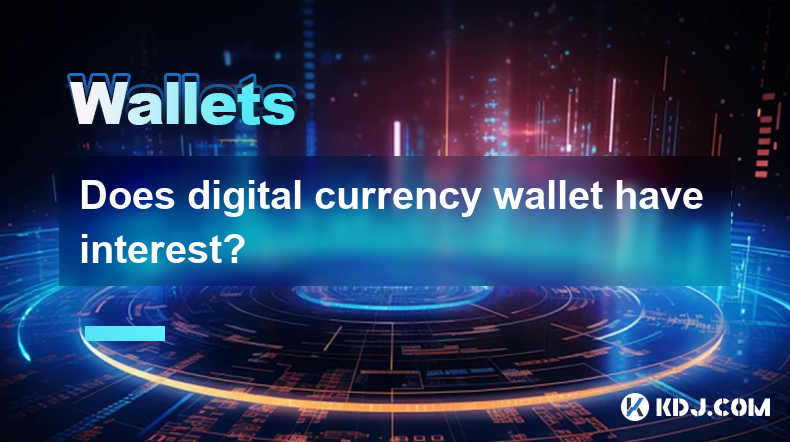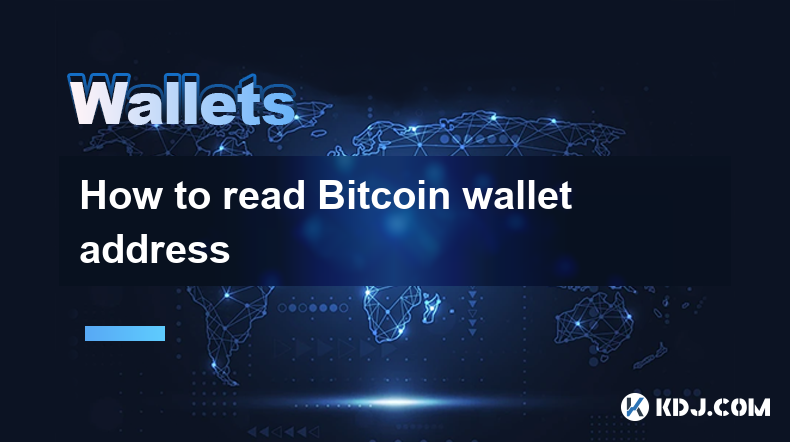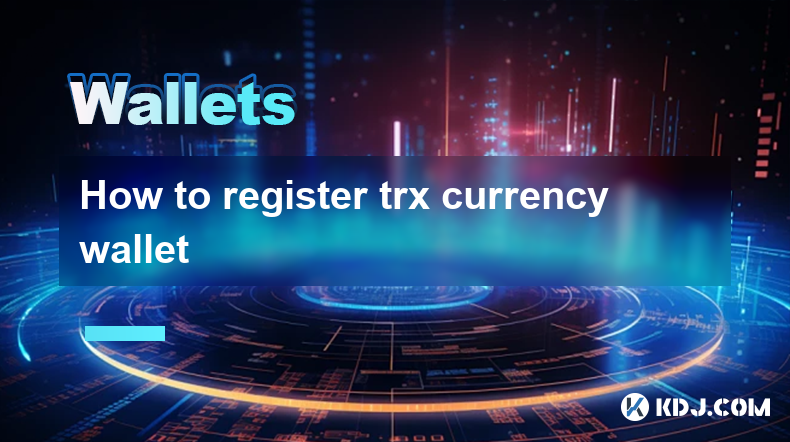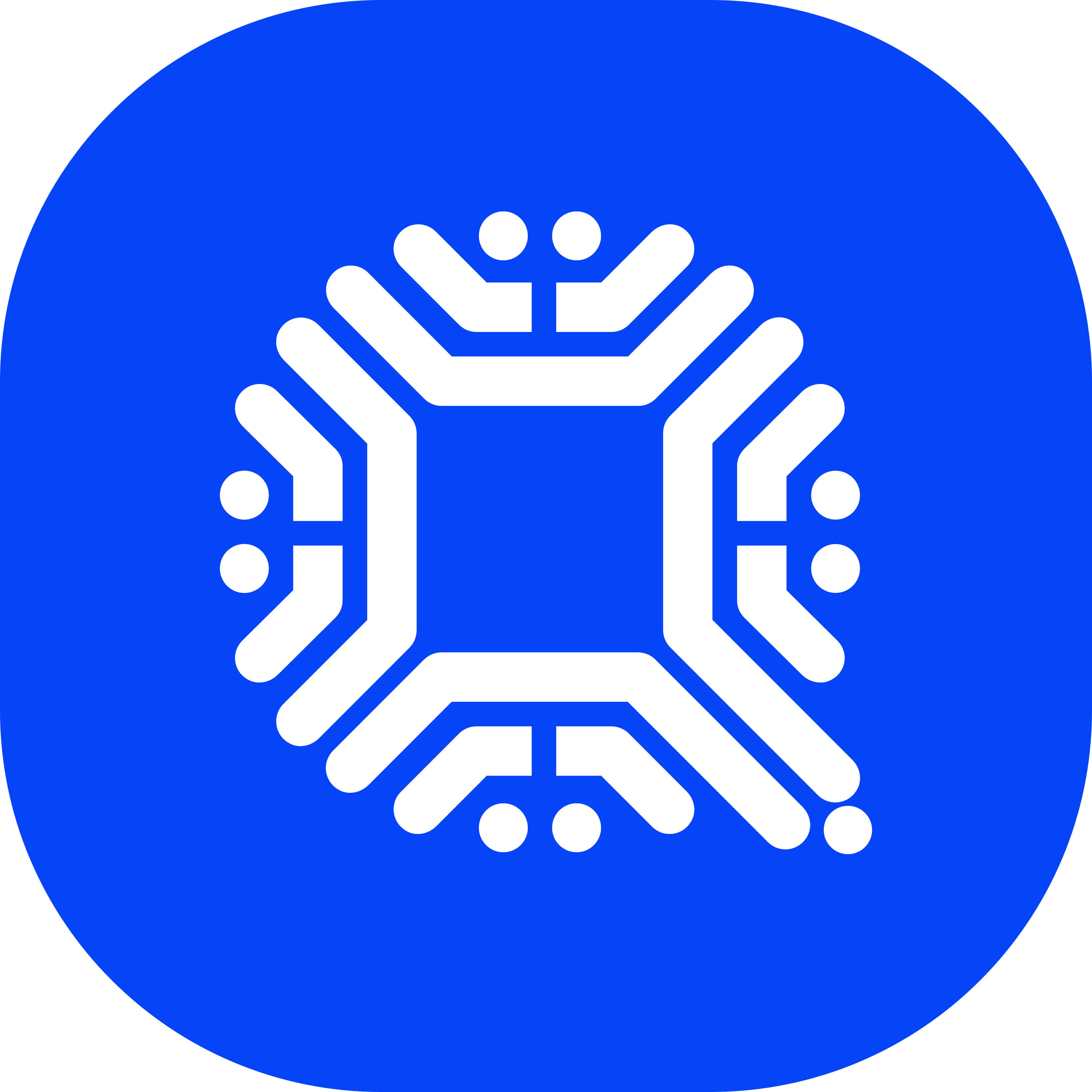-
 Bitcoin
Bitcoin $102,113.0999
-3.36% -
 Ethereum
Ethereum $3,255.3443
-4.46% -
 XRP
XRP $2.9747
-4.33% -
 Tether USDt
Tether USDt $0.9998
-0.04% -
 Solana
Solana $226.6326
-5.71% -
 BNB
BNB $668.1944
-2.69% -
 USDC
USDC $1.0000
0.00% -
 Dogecoin
Dogecoin $0.3224
-5.24% -
 Cardano
Cardano $0.9283
-5.36% -
 TRON
TRON $0.2538
-1.46% -
 Chainlink
Chainlink $24.5073
-5.28% -
 Avalanche
Avalanche $33.7358
-5.83% -
 Stellar
Stellar $0.4068
-4.25% -
 Toncoin
Toncoin $4.8397
-2.05% -
 Sui
Sui $3.8914
-7.43% -
 Hedera
Hedera $0.2989
-6.30% -
 Shiba Inu
Shiba Inu $0.0...01849
-5.53% -
 Polkadot
Polkadot $6.2451
-3.22% -
 Litecoin
Litecoin $122.5346
-6.36% -
 Hyperliquid
Hyperliquid $27.6935
-0.74% -
 UNUS SED LEO
UNUS SED LEO $9.7722
-0.12% -
 Bitcoin Cash
Bitcoin Cash $419.2718
-5.65% -
 Bitget Token
Bitget Token $6.8854
-1.65% -
 Uniswap
Uniswap $11.4615
-8.16% -
 Ethena USDe
Ethena USDe $1.0008
-0.07% -
 Pepe
Pepe $0.0...01334
-8.63% -
 Dai
Dai $1.0000
-0.03% -
 MANTRA
MANTRA $5.4572
2.91% -
 NEAR Protocol
NEAR Protocol $4.4617
-7.50% -
 Aave
Aave $315.3124
-6.87%
Blockchain wallet address private key
A blockchain wallet address is a unique identifier to receive funds, while a private key is the secret that grants access and control over the funds associated with that address.
Dec 23, 2024 at 02:09 pm

Key Points:
- What is a Blockchain Wallet Address?
- What is a Private Key?
- How to Generate a Private Key
- How to Store a Private Key
- How to Use a Private Key
- How to Recover a Lost Private Key
- What Happens if You Lose Your Private Key?
- How to Keep Your Private Key Safe
Article:
Understanding Blockchain Wallet Address and Private Key
Cryptocurrencies, such as Bitcoin and Ethereum, are stored on blockchains, distributed ledgers that record transactions in a secure and transparent manner. To access and manage these cryptocurrencies, users interact with their funds through digital wallets. These wallets are assigned unique blockchain wallet addresses, which serve as public identifiers for receiving transactions. However, to control and access the funds stored at these addresses, users require a private key.
What is a Blockchain Wallet Address?
A blockchain wallet address is a unique string of characters that represents a specific location on the blockchain where cryptocurrencies can be stored and received. It is generated by a cryptographic hash function using the public key derived from the wallet's private key. Wallet addresses are typically between 26 and 34 characters long and start with a specific prefix that indicates the network the wallet belongs to, such as "0x" for Ethereum or "1" for Bitcoin.
What is a Private Key?
A private key is a secret number or a long string of random characters that allows the owner to access and control the funds associated with their blockchain wallet address. It is essential for signing transactions, which authorize the transfer of cryptocurrencies from one address to another. Private keys should never be shared or revealed to anyone else, as they provide complete control over the funds they secure.
How to Generate a Private Key
Private keys are typically generated randomly using software or hardware devices designed specifically for cryptocurrency storage. Hardware wallets, such as Ledger Nano and Trezor, provide a high level of security by generating and storing private keys offline, away from potential online vulnerabilities. There are also various software wallets that allow users to generate private keys within their secure environments.
How to Store a Private Key
Private keys should be stored securely, both physically and digitally. It is important to note that there is no central authority that can retrieve a lost private key, so users are solely responsible for maintaining the security of their own keys.
- Write it down. One of the most straightforward methods is to physically record the private key on a piece of paper or metal. It should be kept in a safe place, away from unauthorized access.
- Use a hardware wallet. Hardware wallets, such as Ledger Nano and Trezor, provide cold storage for private keys, keeping them offline and inaccessible to potential hackers.
- Use a password manager. Password vaults, such as LastPass and KeePass, allow users to securely store private keys and other sensitive information.
- Store it in your head. Advanced cryptocurrency users may choose to memorize their private keys, which offers maximum security if done correctly. However, it is crucial to ensure that the key is memorized accurately and retained without error.
How to Use a Private Key
Private keys are used to sign transactions on the blockchain. When you initiate a transaction from your cryptocurrency wallet, the wallet software will generate a transaction template that includes the recipient's address, the amount of cryptocurrency you want to send, and a fee.
To authorize and complete the transaction, you will need to sign the transaction template using your private key. This process proves that you own the funds being transferred and authorizes the blockchain to update its ledger accordingly.
How to Recover a Lost Private Key
If you lose your private key, you will no longer be able to access the funds associated with the corresponding wallet address. There is no central authority or recovery service that can assist with lost private keys.
- Use a mnemonic seed phrase. When creating a software wallet, you will often be provided with a mnemonic seed phrase. This is a list of words that can be used to recover your private key in case it is lost. It is crucial to store the mnemonic phrase securely, separate from your private key.
- Contact the wallet provider. Some software wallets offer recovery options through their customer support channels. They may ask you to provide information to verify your identity and reset your private key.
- Use a third-party service. There are third-party services that claim to be able to recover lost private keys. However, it is important to proceed with caution, as there is a risk of scams and security breaches when dealing with such services.
What Happens if You Lose Your Private Key?
If you lose your private key and do not have a way to recover it, you will effectively lose access to the funds associated with the corresponding wallet address. The funds will remain on the blockchain, but they will be inaccessible to you.
How to Keep Your Private Key Safe
- Never share your private key with anyone.
- Store your private key securely, both digitally and physically.
- Consider using a password manager or hardware wallet for increased security.
- Back up your private key in multiple locations for redundancy.
- Avoid clicking on suspicious links or downloading potentially malicious software.
FAQs
Q: Can I recover my private key if I lose it?
A: It may be possible to recover your private key using a mnemonic seed phrase, through the wallet provider, or through third-party services. However, it is not guaranteed, and there is a risk of scams and security breaches.
Q: What happens if someone else gets access to my private key?
A: If someone else gains access to your private key, they will have complete control over the funds associated with the corresponding wallet address. They can transfer, spend, or lose your funds without your permission.
Q: Can I change my private key?
A: Yes, it is possible to change your private key by creating a new wallet address and transferring your funds to that address. However, it is important to note that some recovery methods, such as using a mnemonic seed phrase, may be tied to your original private key.
Disclaimer:info@kdj.com
The information provided is not trading advice. kdj.com does not assume any responsibility for any investments made based on the information provided in this article. Cryptocurrencies are highly volatile and it is highly recommended that you invest with caution after thorough research!
If you believe that the content used on this website infringes your copyright, please contact us immediately (info@kdj.com) and we will delete it promptly.
- IntelMarkets (INTL) Skyrockets 811% – AI Revolution in Crypto Trading
- 2025-02-01 23:40:55
- DTX Exchange: A Revolutionary Hybrid Blockchain Challenging The Market Position of Solana (SOL)
- 2025-02-01 23:30:56
- Will the SOL Price Reach $350 as the Market Anticipates the SEC's Decision on a Proposed Solana ETF?
- 2025-02-01 23:30:56
- Panshibi Will Outperform Solana (SOL) In The Future, Promises 145,000% Rise In Value At Launch
- 2025-02-01 23:30:56
- Best Meme Coin Presales for 10x Gains in 2025
- 2025-02-01 23:30:56
- Ethereum and Lightchain AI present unique investment opportunities, but their risk-reward profiles differ significantly.
- 2025-02-01 23:30:56
Related knowledge

What is SLIP39?
Feb 01,2025 at 09:48pm
Key Points:SLIP39: An Enhanced Standard for Enhancing Mnemonic SecurityComparison of SLIP39 with Existing Mnemonic StandardsAdvantages of Adopting SLIP39 for Improved SecurityCommon Challenges and Mitigations in Using SLIP39Best Practices for Implementing SLIP39 in Cryptocurrency WalletsFAQs on SLIP39 (Security, Compatibility, Implementation)What is SLI...

What does a multi-signature wallet mean?
Feb 01,2025 at 08:31pm
Key Points:What is a Multi-Signature Wallet?Types of Multi-Signature WalletsBenefits of Multi-Signature WalletsSecurity Considerations for Multi-Signature WalletsCreating a Multi-Signature WalletWhat is a Multi-Signature Wallet?A multi-signature wallet is a cryptocurrency wallet that requires multiple private keys to authorize transactions. This adds an...

How many mnemonics are there?
Feb 01,2025 at 11:18pm
Key Points:The number of mnemonic passphrases depends on the number of words in the passphrase and the size of the mnemonic word list.Mnemonic passphrases can range from 12 to 24 words in length.The largest mnemonic word list contains over 2048 words.A 12-word mnemonic passphrase provides approximately 2^128 possible combinations.A 24-word mnemonic pass...

Does digital currency wallet have interest?
Jan 12,2025 at 05:25am
Top Seven Digital Currency Wallets with Interest-Earning FeaturesKey PointsDefinition of interest-earning digital currency walletsOverview of the best-performing interest-earning digital currency walletsStep-by-step guide to earning interest on digital currencyPotential risks and rewards of interest-earning digital currency walletsInterest-Earning Digit...

How to read Bitcoin wallet address
Jan 11,2025 at 07:30pm
Key Points:Understanding the Structure of a Bitcoin Wallet AddressDecoding the Base58 EncodingVerifying the Address with a ChecksumCommon Errors to AvoidHow to Read a Bitcoin Wallet Address1. Understanding the Structure of a Bitcoin Wallet AddressA Bitcoin wallet address is a unique identifier assigned to a user's cryptocurrency wallet. It resembles a s...

How to register trx currency wallet
Jan 11,2025 at 04:37pm
Key Points:Choosing the right TRX walletCreating and securing a TronLink walletSetting up a Trust WalletEstablishing a Ledger hardware walletExploring other potential optionsChoosing the Right TRX WalletThe first step in managing your TRX tokens effectively is selecting a secure and reliable wallet. Several types of wallets are available, each with its ...

What is SLIP39?
Feb 01,2025 at 09:48pm
Key Points:SLIP39: An Enhanced Standard for Enhancing Mnemonic SecurityComparison of SLIP39 with Existing Mnemonic StandardsAdvantages of Adopting SLIP39 for Improved SecurityCommon Challenges and Mitigations in Using SLIP39Best Practices for Implementing SLIP39 in Cryptocurrency WalletsFAQs on SLIP39 (Security, Compatibility, Implementation)What is SLI...

What does a multi-signature wallet mean?
Feb 01,2025 at 08:31pm
Key Points:What is a Multi-Signature Wallet?Types of Multi-Signature WalletsBenefits of Multi-Signature WalletsSecurity Considerations for Multi-Signature WalletsCreating a Multi-Signature WalletWhat is a Multi-Signature Wallet?A multi-signature wallet is a cryptocurrency wallet that requires multiple private keys to authorize transactions. This adds an...

How many mnemonics are there?
Feb 01,2025 at 11:18pm
Key Points:The number of mnemonic passphrases depends on the number of words in the passphrase and the size of the mnemonic word list.Mnemonic passphrases can range from 12 to 24 words in length.The largest mnemonic word list contains over 2048 words.A 12-word mnemonic passphrase provides approximately 2^128 possible combinations.A 24-word mnemonic pass...

Does digital currency wallet have interest?
Jan 12,2025 at 05:25am
Top Seven Digital Currency Wallets with Interest-Earning FeaturesKey PointsDefinition of interest-earning digital currency walletsOverview of the best-performing interest-earning digital currency walletsStep-by-step guide to earning interest on digital currencyPotential risks and rewards of interest-earning digital currency walletsInterest-Earning Digit...

How to read Bitcoin wallet address
Jan 11,2025 at 07:30pm
Key Points:Understanding the Structure of a Bitcoin Wallet AddressDecoding the Base58 EncodingVerifying the Address with a ChecksumCommon Errors to AvoidHow to Read a Bitcoin Wallet Address1. Understanding the Structure of a Bitcoin Wallet AddressA Bitcoin wallet address is a unique identifier assigned to a user's cryptocurrency wallet. It resembles a s...

How to register trx currency wallet
Jan 11,2025 at 04:37pm
Key Points:Choosing the right TRX walletCreating and securing a TronLink walletSetting up a Trust WalletEstablishing a Ledger hardware walletExploring other potential optionsChoosing the Right TRX WalletThe first step in managing your TRX tokens effectively is selecting a secure and reliable wallet. Several types of wallets are available, each with its ...
See all articles

























































































